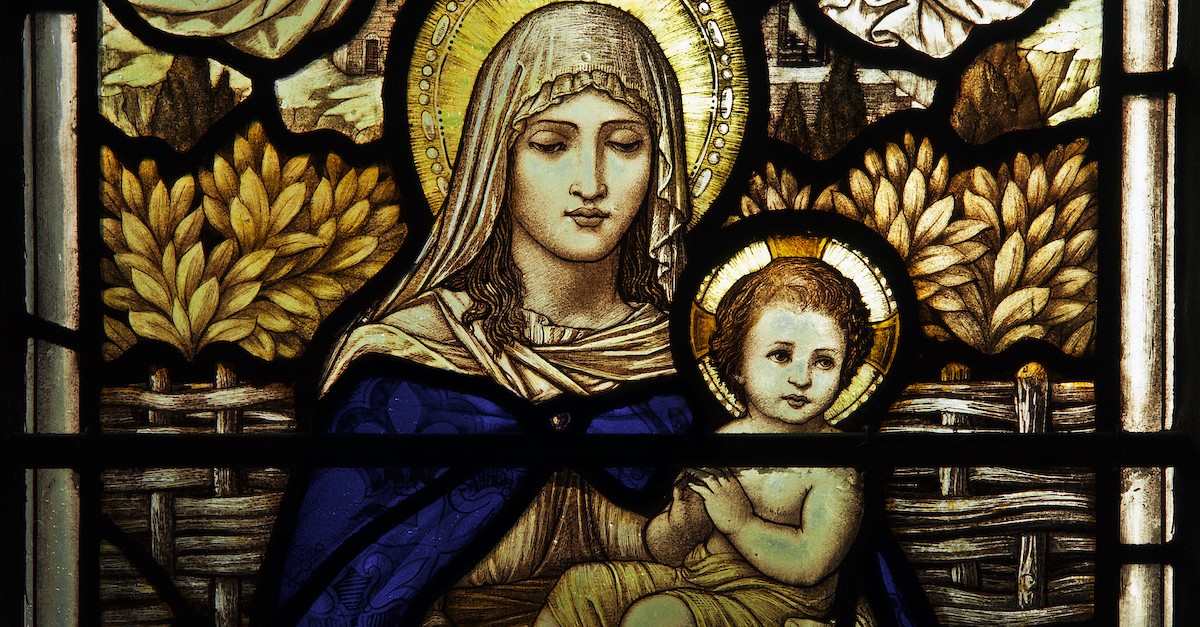

This idea comes up early, on page two: Impatient with the disciples who have come to record her story, Mary bemoans their “earnest need for foolish anecdotes and sharp, simple patterns in the story of what happened to us.” Later, she says of one disciple, “I know that he has written of things that neither he nor I saw.” Tóibín wasn’t there either, so what is he doing if not inventing another equally contrived history from Mary’s point of view-and making sure that we see what he’s up to?Īt 81 pages, Testament-an adaptation of his play of the same name, which would go on to be featured on Broadway this past spring-is quite short.

There’s enough self-aware winking in the text to suggest that Tóibín’s real interest lies in exploring a narrative’s inability to capture the truth. It will tell you plenty about its very sad and very angry author.” In other words, Tóibín might be putting his own words into Mary’s mouth less to evoke the state of her soul than to expound some of his own views. So maybe Tóibín didn’t intend The Testament of Mary to read as “The Bible: Uncut.” Perhaps the most dogmatic review of it out there is from The Catholic World Report, and while it spends most of its time getting ruffled about the blasphemy of Tóibín’s work, it does contain an important bit of truth: “Colm Tóibín’s book won’t tell you anything about Mary.

She is prone to phrases like “the bird all sharp beak and indignant gaze” and “they were figures of substance, grandeur, immense dignity,” and she’s surprisingly self-conscious about her role in correcting a myth that she sees is in the making. The voice he provides Mary with is curiously modern-dark and filled with heavy, articulate language. The way Tóibín pursues this fidelity, however, isn’t so straightforward. It will tell you plenty about its very sad and very angry author.” “Colm Tóibín’s book won’t tell you anything about Mary. She flees the crucifixion scene before her son has died, and does so, she confesses, because it was “her own safety thought of.” Tóibín seems to strive for emotional fidelity: How might it actually have felt for Mary to witness her son’s trajectory? To Tóibín’s Mary, Christ and his disciples aren’t the varnished figures you’d see in a da Vinci painting instead, they’re awkward, slightly unruly outcasts-more like a group of gangly, cargo-shorted teens who skipped the Homecoming dance to go cliff-jumping at the quarry. Unlike the pure, meek woman found on votive candles, this Mary is empowered, and above all, honest. Tóibín’s premise, then, is to turn to Christ’s mother to get the straight story. By her account, Christ’s most well-known acts were far from providential, and Mary herself isn’t as demure as myth would have it: Halfway through the book, she threatens two disciples at knifepoint. Mary relates some of Christ’s most well-known plot points-the raising of Lazarus, turning water to wine, the crucifixion-all the while waxing nostalgic on simpler days, back when her son wasn’t The Son. Testament is Mary’s actual version of events, the more earthly side of the story that her visitors refuse to write down. It is recorded years after the crucifixion, when disciples are visiting her regularly, eager to collect tidily divine stories as fodder for the Gospels. Testament is Mary’s first-person account of watching her son turn from a child into a revered godhead. I Made One Simple Financial Change and It Lowered My Spending Joe Pinsker


 0 kommentar(er)
0 kommentar(er)
